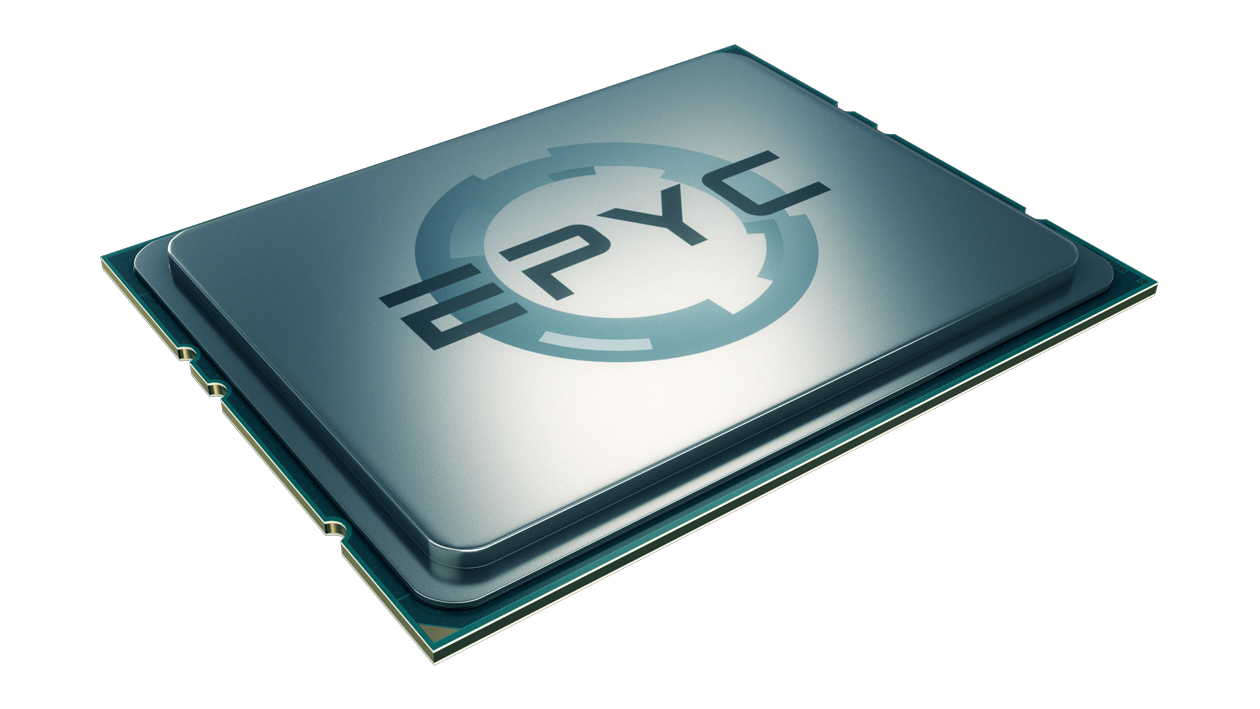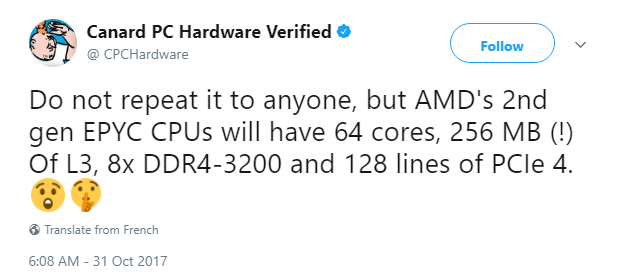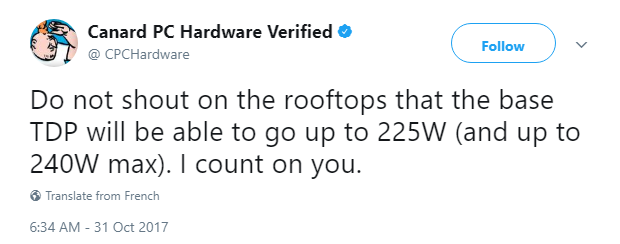AMD Epyc 2 will be a Monster Server CPU with 64 Cores, 128 Threads and 256 MB Cache

Following the successful launch of their Ryzen processor family, AMD entered the data center market with Epyc. The Zen-based server-class CPU offers up to 32 cores and 64 threads of compute power. That is impressive, but what’s more interesting is a fresh rumor that the second generation Epyc, or simply call it Epyc 2, will have double the number of cores than its predecessor.
Canard PC Hardware, a reputable French PC magazine, claims to have obtained specifications for Epyc 2. According to the publication, Team Red’s next-gen server CPU will feature up to 64 cores and 128 threads. Not only this, but the L3 cache will also get a significant upgrade.
RELATED: Intel Skylake-X vs AMD Threadripper: Die Size Comparison

The current Epyc processors feature 2 MB of L3 cache per core, for a total of 64 MB on a 32-core Epyc 7551P. The leak suggests this figure will quadruple in Epyc 2, with its top-end part boasting a staggering 256 MB of L3 cache.
Other basic features that were introduced with the Zen architecture remain unchanged. These include support of up to 128 PCIe 4.0 lanes and 8-channel DDR4 memory, though the memory spec is said to be bumped from 2667 MHz to 3200 MHz speed.
In addition, CPCHardware reports that the TDP will range from 225W to 240W, which should be defined by the use of a larger SP3 socket. The TDP per core remains low likely thanks to the power efficiency gains of a 7nm FinFET process.

We’ve already heard about an AMD 7nm server CPU, codenamed Starship. The CPU was rumored to feature up to 48 Zen 2 cores with launch planned for 2019. That said, the information about Starship server CPU is based on an AMD roadmap from February 2016, so it’s very likely that the plans could have changed since.
It will be interesting to see if the rumors about Epyc 2 specs turn true, and especially if these features trickle down to consumer products. In the meantime, we have the 12nm Ryzen refresh “Pinnacle Ridge” CPUs to look forward to, which are expected to launch in early 2018.